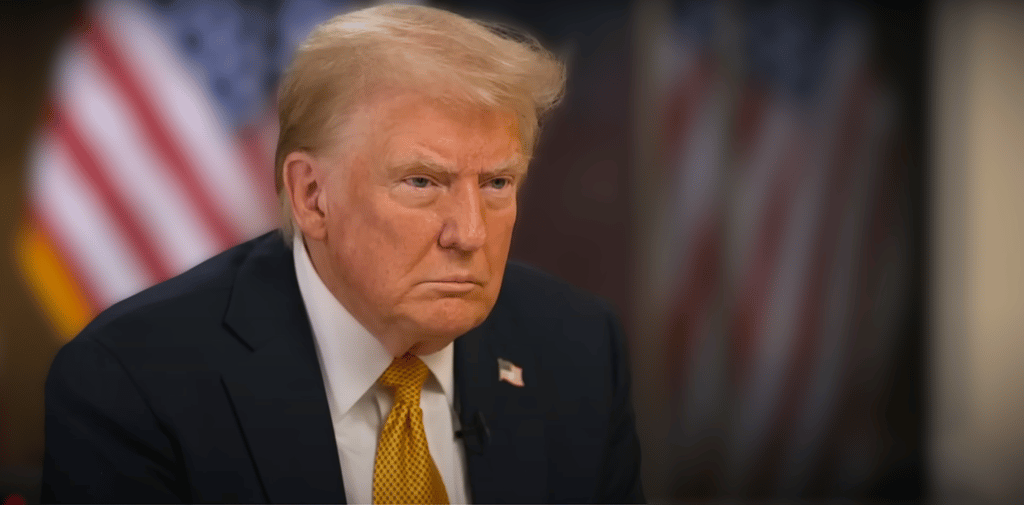Trump Freezes $2.1B Chicago Transit Funding, Escalates Political Fight with Democrats | 3 Oct 2025
Trump freezes $2.1B in Chicago transit funding, sparking political backlash as Democrats call it a targeted attack during the shutdown.
Raja Awais Ali
10/3/20252 min read


Trump Freezes $2.1 Billion Chicago Transit Funding, Seen as Political Attack on Democratic Cities
On October 3, 2025, President Donald Trump’s administration announced the suspension of nearly $2.1 billion in federal funding for Chicago’s major transit projects. Analysts say the move is part of a broader political strategy to pressure Democratic-controlled cities by leveraging federal resources.
According to Budget Director Russ Vought, the funding freeze was imposed due to concerns about “race-based contracting.” He stated that federal money should not be used in projects that prioritize contracts based on race or gender.
The projects most affected include the Red Line Extension and the Red and Purple Modernization Project, which were designed to improve daily commuting and connect underprivileged neighborhoods with Chicago’s urban core. For many residents, these projects represented long-awaited improvements in public transportation.
The decision comes during an ongoing government shutdown, as Trump has already blocked billions in funding for other Democratic strongholds, including New York. This signals the administration’s willingness to use federal funding as a political weapon.
Chicago Representative Mike Quigley condemned the move, calling it a “massive blow to public transit” and a deliberate political assault. Illinois Governor J.B. Pritzker described it as “hostage-taking,” warning that the suspension would harm both the public and the state’s economy.
The Trump administration has defended the move, claiming the new rules are meant to ensure federal dollars go to “neutral and transparent” projects. Critics, however, argue this is simply a pretext to punish Democratic-led cities and block their access to critical infrastructure support.
Legal experts suggest that Chicago and other affected cities may be forced to challenge the administration in court to compel the federal government to honor its funding commitments. Even if courts rule in favor of the cities, the legal process could result in further delays and significantly increased costs.
This standoff has sparked a new debate about the misuse of federal resources for political gain. Many argue that withholding funds from cities based on partisan conflict undermines America’s federal system and constitutional principles.
For Chicago residents, the freeze adds uncertainty to long-delayed projects that promised better transit infrastructure and thousands of new jobs. If the funding remains blocked, the city could face severe setbacks in its efforts to modernize public transportation.
Trump’s decision has triggered national controversy, raising the question of whether federal funds are truly meant for public service or if they are being weaponized as tools of political retaliation.
Stay informed with the latest national and international news.
© 2025. All rights reserved.